by Hồ Hồng Việt
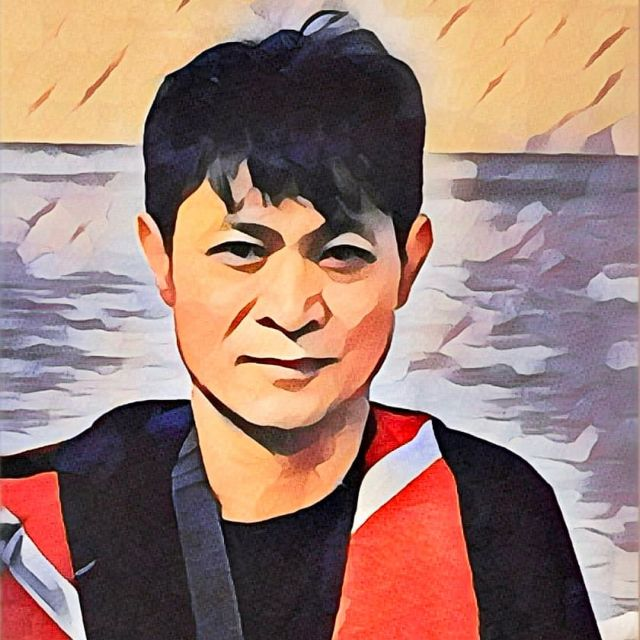 |
| Hồ Hồng Việt. Photo AI generated |
Dr. KD’S clinic
Dr. KD's clinic is located near the end of the overpass on the south side of Giải Phóng Street, about one kilometre from BM Hospital. My spouse and I started a new treatment phase. At the office, I encountered some nurses from the Nephrology Department who also work with Dr. KD at BM Hospital (in this document, I use the term nurses interchangeably with caregivers, since our patients are more familiar with the term nurses). The office is crowded, so each time we visit for an appointment, we have to wait quite a while. After the consultation, the doctor prescribes a range of medications, usually around ten different types, including infusions and injections.
At the beginning, I strictly followed the doctor’s instructions on medication. Later, I became uncertain about the types and quantities of medications prescribed - something seemed off. I started to think more critically and felt it was necessary to reduce some medications that I deemed unnecessary to avoid harming my kidneys.
During the early days of treatment, Dr. KD emphasised that the most important thing was to maintain the remaining kidney function. To achieve this, the kidneys needed rest. They should not be overworked and the first step in doing this is to stabilise blood pressure. High blood pressure is a major factor that exacerbates chronic kidney inflammation. To alleviate the burden on kidney function, it is crucial to adhere to a low-protein diet to prevent extensive filtering of waste.
Chronic kidney disease causes me to be constantly anaemic. At times, my blood count reached a maximum of only 2.8 million units. Additionally, the blood quality has significantly decreased due to substandard platelet and hemoglobin levels. To address this issue, I require injections of erythropoietin twice a week, sometimes three times, until my red blood cell count stabilises at 3.5 million units, after which I maintain one injection a week. To support my condition, I also take iron pills and vitamin B complex (B1, B6, B12), along with the German protein pill Ketosteril.
The Ketosteril tablets are very hard to find. I need to take eight tablets daily, with each costing about VNĐ10,000, which totals around VNĐ3,000,000 per month. Due to the high cost of this medication, my wife searched numerous pharmacies in Hà Nội without success. As a result, we had to purchase them from a small pharmacy on Bạch Mai Street, which our treating doctor had referred us to. The medication did not come with an instruction manual, so I followed the doctor’s prescriptions. Honestly, I didn’t notice any significant changes or effects of this medication on my urine output or kidney function. Additionally, I had to take many other kinds of medication, such as liver support drugs, calcium supplements for osteoporosis, fish oil, and vitamin D3. This doesn’t even include the injections, nutritional infusions and albumin treatments for swelling.
I took the Ketosteril tablets for about three months. One day, my wife and I discussed our situation and both wondered why, despite the doctor saying this medication was very effective for chronic kidney disease, the Ministry of Health did not allow its import for treatment or sales. This left patients to buy it off the books and face challenges. With many medications from China and India available on the market, we were worried about purchasing counterfeit products. When we inquired at the pharmacy, the seller claimed it was hand-carried and not sold widely. Combining the high cost with uncertainty about the product’s origin, we decided to stop taking Ketosteril. Of course, we didn’t mention this to the doctor. He never asked us how we were doing with the medication or if we continued taking it. We purchased the medication ourselves, took it and then stopped… Since discontinuing the medication, I have not noticed any changes in my health condition and firmly believe this was a wise decision by both my wife and me.
Later, during my hospitalisation for dialysis, I became acquainted with other patients who admitted they had also been prescribed Ketosteril and had stopped taking it after a while. Some people even called the medication 'fool’s medicine' so for a while we all took the fool’s medicine together.
When I had the chance to investigate further, I found out that Ketosteril is indeed a drug from Germany and using the official German medication would be very beneficial. We just didn’t understand why there were no officially imported medications available for treatment in hospitals (when I was writing this book, I saw that there were many advertisements for this drug online and several companies were importing it for sale. Doctors in hospitals also prescribed it to patients, but they had to purchase it themselves).
In the beginning, I would regularly go for my monthly check-ups. Over time, I only returned every two or three months for the doctor to check on me again. The medications hardly changed, they just adjusted and added some vitamins.
The treatment time at Dr. KD’s clinic lasted nearly two years. Occasionally, the doctor suggested that I be hospitalised for a comprehensive check-up, each stay lasting about a month. Every morning, I had to have blood drawn for tests. Some tests the hospital couldn’t perform, so we had to take them to the Hygiene and Epidemiology Hospital and other times at the Medicine University Hospital. After my blood was drawn, it had to be taken immediately for testing and my wife was the one who had to handle this. Each hospitalisation was challenging for us, sometimes we underwent abdominal examinations, sometimes Doppler ultrasounds to check blood vessels and then ultrasounds to check kidneys, heart and lungs. My wife coordinated with the doctors, made appointments and sometimes had to wait for results. I was treated on the fifth floor of the VN building, where the elevators were always crowded and took a long time, so we often took the stairs. Later, my wife found ways to get to know the elevator staff so we could use the medical staff and emergency elevators, making the process quicker and less tiring.
I knew I had chronic kidney disease, stage 1, but deep down I still held a vague hope that some miracle might cure me. One morning, I encountered Dr. KD in the ultrasound room. I asked: “Is there any chance my condition could improve?”
“Don’t get your hopes up!” the doctor replied coldly.
I had anticipated this response, but hearing it and the doctor’s emotionless demeanor left me feeling deeply unsettled and disheartened. Perhaps, for the doctor, this disease affected countless others and was not immediately life- threatening. I caught a glimpse of sorrow in my wife’s eyes, a sadness that was difficult to express and still haunts me. We walked back to the patient room in silence. It was probably the first time in my life that I truly felt the harsh reality of what had happened to me.
Later, reflecting on the past, my spouse and I realised that we were like naïve individuals living in the world, believing in trivial acquaintances and especially lacking experience in dealing with long-term illnesses.
Final hospitalisation at BM Hospital
A few months after returning from Malaysia, my wife and children encouraged me to go swimming at the beach in Thanh Hóa to escape the oppressive heat in Hà Nội. While swimming, I suddenly noticed my abdomen seemed a bit larger than usual. At that time, I thought I must have gained some weight and felt quietly pleased but didn’t mention it to anyone. Later, I noticed that my abdominal obesity was increasing significantly and more rapidly, and my arms and legs were also plumper. When I looked in the mirror, I saw my cheeks were fuller than before. Feeling something was off, my wife and I went to see Dr. KD. After the examination, the doctor informed me that my condition had progressed to nephrotic syndrome. At first, I didn’t quite understand this term, I assumed my kidneys had been failing for some time. I expressed my confusion, but the doctor didn’t seem inclined to explain further, so I let it go. Later, I researched and discovered that I had been in a state of chronic kidney failure, maintained at stage 1 or 2. Now my kidneys had worsened, their function was poorer than before and I was starting to retain water and develop edema, which I perceived as symptoms of nephrotic syndrome.
At this point, I realised the cause of my weight gain was water retention that could not be eliminated, resulting in swelling.
After the examination, Dr. KD recommended that I be admitted to the hospital immediately for treatment, marking this as my last hospitalisation at BM to date.
I requested to be placed in the same private room I had stayed in before. In the bed beside me was a patient with acute kidney failure. He was from Hà Tĩnh and had sought treatment with traditional medicine, which didn’t work, leading him to seek care in Hà Nội. Each day, I underwent treatment similar to my previous admissions. I had blood drawn in the morning, underwent tests, monitored my urine output over a 24-hour period and had samples sent for analysis.
This time, I had to intensify my medication regimen. According to the doctor, these included corticosteroids and immune-suppressants, commonly referred to as anti-rejection medications for transplant patients. In reality, I still didn’t understand why I had to take these types of medications, as they were specialised drugs that could be harmful to my stomach, liver and kidneys.
After a week of treatment, my edema showed no signs of improvement. I had to receive additional albumin to combat the swelling. After administering three vials of medication from Germany, my blood albumin levels hardly improved. I felt that my reduction in edema was mainly due to an increase in diuretics. When I woke up in the morning, I noticed that the swelling had not changed.
During my hospital stay, we had to follow a diet designed for kidney patients. The meals mainly consisted of rice mixed with vermicelli, a few pieces of meat or boiled tofu and vegetables which typically included boiled cabbage or various types of beans. The diet needed to minimise animal protein to prevent stressing the kidneys from expelling toxins. After a few days of this diet, I felt weak, prompting my wife to decide to cook at home and bring food to the hospital.
After about a month in the hospital, I realised that my condition had hardly improved and the edema persisted. My body was retaining water, causing my blood pressure to rise as well. I was still receiving infusions, injections and a mountain of medications daily. I discussed with my wife and decided to request discharge from the hospital to continue treatment at home. Before leaving, the doctor prescribed me a prescription for more than ten types of medication, primarily those I had been taking at the hospital.
Once home, I felt healthier, more relaxed and was able to sleep better. In reality, my condition hadn’t changed much. We had to hire a retired nurse to come and give me injections and infusions daily. My edema continued unabated and since my albumin levels were low, I asked a nurse I knew from my time at BM Hospital to help me buy medication. This nurse mentioned having connections to procure medicine for patients, ensuring its quality and reasonable pricing.
After receiving three vials of that German drug, I had my albumin level tested and found no change. I infused another three vials, totalling six, but my albumin level remained practically unchanged. We were quite surprised, as previously, just three vials were enough to raise my albumin to 35g/L. We decided to stop at that point. While checking at a familiar pharmacy, my wife discovered American albumin at VNĐ1,200,000 per vial, which was slightly more expensive than the German version. She bought two vials for me to receive and after testing, my albumin levels increased significantly. After infusing one more vial, my albumin reached a normal level.
I share this story to give readers a clearer understanding of the challenges faced by individuals experiencing health issues like mine. In the past, I consistently used quality German-produced albumin, which was usually effective with just two or three vials. Yet this time, despite infusing six vials, my albumin level hardly budged. It’s unclear why this happened: "Money wasted, no results!" VNS




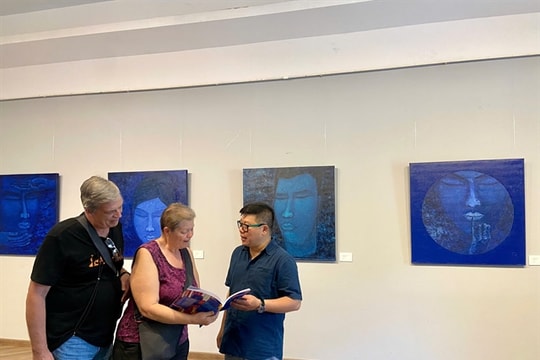

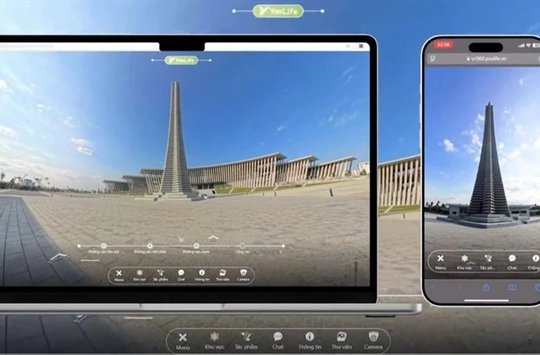


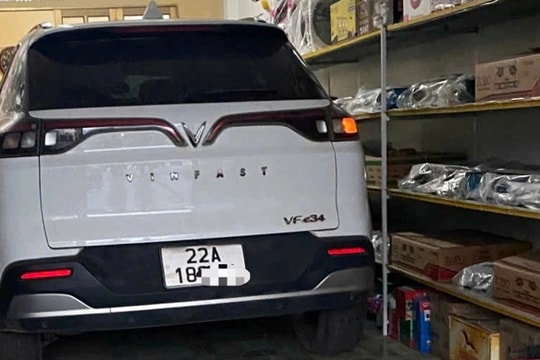
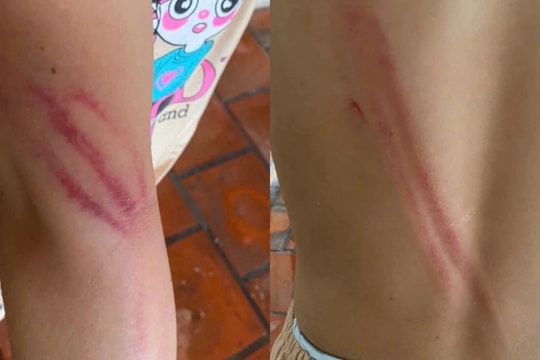

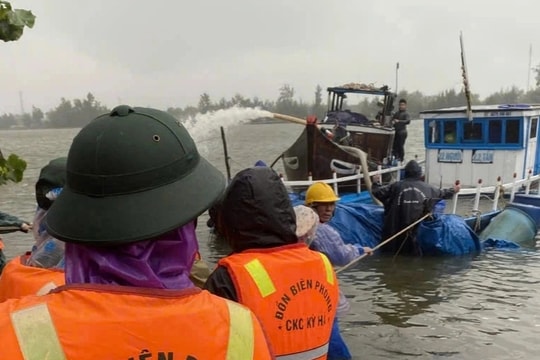


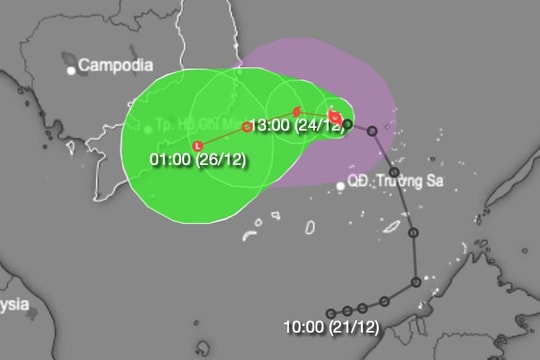
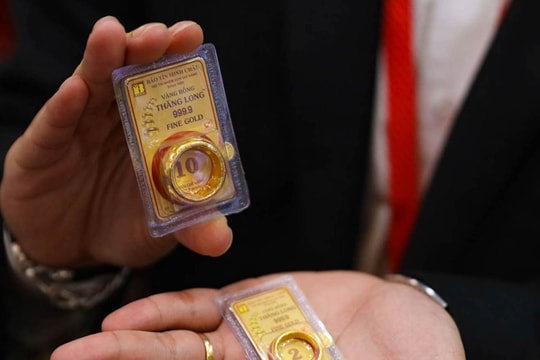

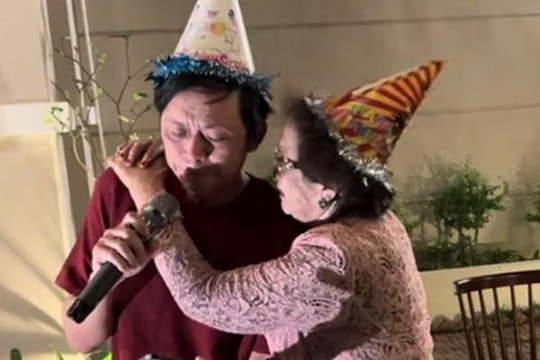


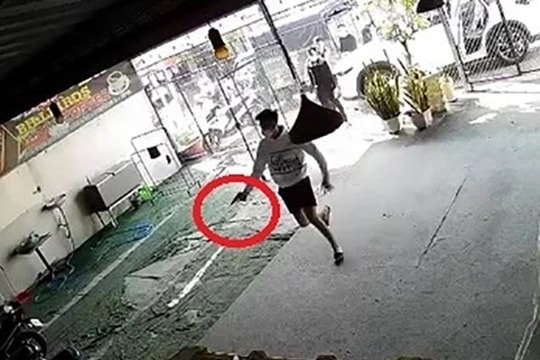
.png)

